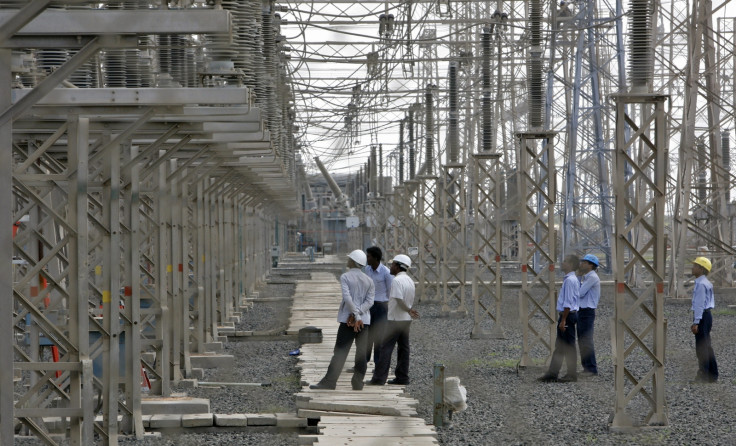India: Environment Review Panel Suggests Shift From Protection To Management

An expert panel constituted about three months ago by India's environment ministry to review laws related to environment and forest protection has submitted its report, calling for major changes to the laws and processes involved.
Single-window clearances under an umbrella law have been proposed to fast-track linear projects (roads, railways and transmission lines), power and mining projects and ambiguous "projects of national importance".
An overhaul of the forest clearance process to further reduce the time taken has also been suggested.
It has further recommended a self-certification system by project applicants on compliance with environment laws. "A new concept of 'utmost good faith' has been inducted, through a new legislation, to ensure that the applicant for clearance is responsible legally for his statements," says the report.
This has been among some of the industry's long-standing demands to do away with delays.
An umbrella law covering air, water and land has also been proposed. Called as Environment Loss Management Act (ELMA), two expert bodies will be constituted at the Central and state levels to facilitate speedy project clearance, writes Down to Earth.
The panel suggests replacing the National Green Tribunal with district-level courts, opining that judicial review of project clearances should be the final step, and not the first stage of appeal.
Forest cover down
The no-go area for mining has been shrunk in the recommendations by removing prime wildlife corridors, high biodiversity value and river catchments. It limits the no-go to protected areas and areas with 70% canopy.
While the National Forest Policy recommends that 33% of the land mass should be covered by forests and trees for a healthy environment, diversion of forest lands for 'essential' projects will take this below even the present low level of about 20%.
At the recent economic summit held in Delhi, Piyush Goyal, Minister of State for Power, Coal, New and Renewable energy, said India needs to dig twice as much coal as it does today if it is to meet its soaring energy demand. Nobody is talking climate.
In its overarching aim to curtail environmental protection, the panel suggests that powers of the National Board for Wildlife constituted of experts be handed over to the ministry.
According to Business Standard, some of these recommendations are already being studied by the ministry. Dilution of NGT role, dilution of the power of tribals to give consent to projects, redefinition of forests, shrinking of the no-go areas and easing of appraisals for power and other projects are some.
Construction of roads through parks have been cleared by the newly constituted wildlife board, in one case raising concern for the largest breeding site of flamingos in Asia.
Projects cleared
Witness the change of mind over the 3000 megawatt Dibang hydropower plant which will submerge 4000 hectares of forest land. Rejected in early August, the government relented to pressure and granted permission.
Small and mid-sized coal miners can now expand production by 50 per cent without public consent, while polluting industries can operate close to national parks, reported Reuters.
The environment minister Prakash Javadekar has cleared most of the pending 298 projects, with a handful being rejected.
This does not mean the government loves environment less, but that it loves those development projects more.
Growth vs environment
A high GDP growth rate centered policy can no more be viewed as contributing to true welfare. As noted by the IPCC and UNEP climate reports, a high GDP growth rate will lead to unprecedented production which is based on rapacious consumption of raw materials (timber and forests) and resources such as water.
More energy will be required to maintain the increasing infrastructure and the increasing demand for electricity end in higher carbon emissions. Finally it ends up heaping problems already faced by disadvantaged communities.
Where then is the welfare in violation of environment?
Constituted in August to review the key environment laws— Environment Protection Act (EPA) of 1986, Forest Conservation Act (FCA) of 1980, Wildlife Protection Act (WPA) of 1972, the Water (Prevention and Control of Pollution) Act of 1974 and the Air (Prevention and Control of Pollution) Act of 1981— with the aim of "bringing them in line with current requirements" and "objectives", the review panel has delivered what was expected of it.
As can be seen, the tone has been set by the review panel for a change from pollution control to environment 'management', from environment protection to environment loss management, and an environment reconstruction cost in place of environment conservation.
Any doubts whatsoever on the environment ministry's allegiances will be cleared once the changes are carried out.
© Copyright IBTimes 2024. All rights reserved.






